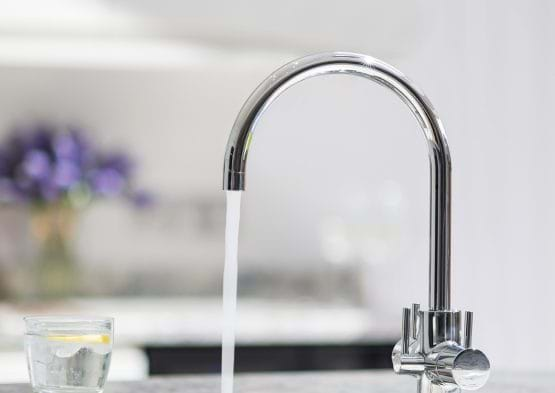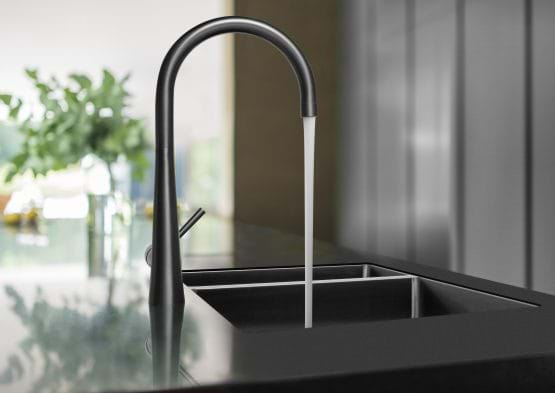
Under sink water filters are more efficient than ever as they produce fresh drinking water for the whole family to enjoy. With a quick and simple installation, you can enjoy fresh, filtered water straight from the tap. Under sink water filters also eliminate the amount of limescale that can build up over time, making the water free from impurities.

This filter works to remove larger particles, such as sediment and silt, from your water. Carbon filters work to absorb these particles so they’re eliminated from the water that comes out of your faucet. This ensures that you can enjoy your drinking water as it massively reduces the amount of chlorine and other contaminants.

Using a process known as electrolysis, this filter uses electrically charged plates to separate water into two streams. One is alkaline and the other acidic. This process results in softer water as the acidity has been lowered, making this technology ideal for homes situated in areas with hard water.

Perfect for homes that choose an ethical approach to living, ultraviolet radiation purifies your water without the use of chemicals or additional heat. As one of the newest technologies available on the market, these filters treat water by expertly destroying bacteria that can have detrimental effects to your health.

Reverse Osmosis is an incredibly popular form of water filtration as it works by filtering out any impurities that can contaminate your water. This process effectively uses high pressure to force water molecules through the membrane, and directs the rejected water to pass through a different stream.
